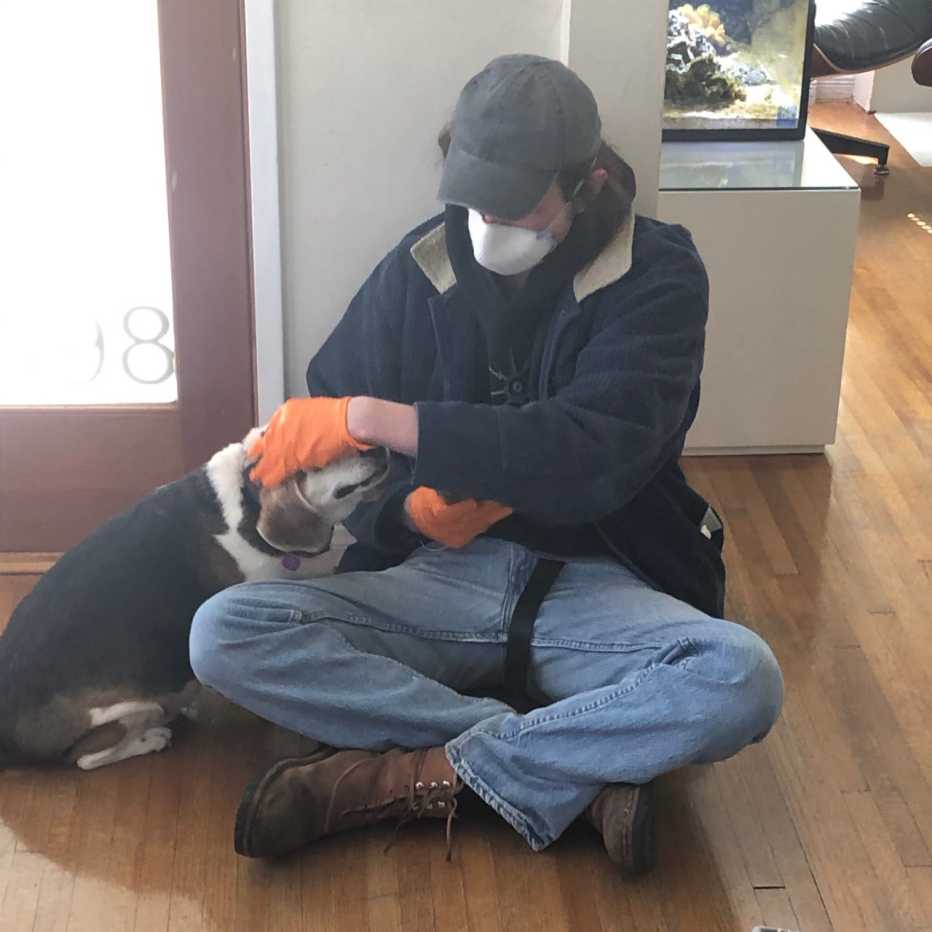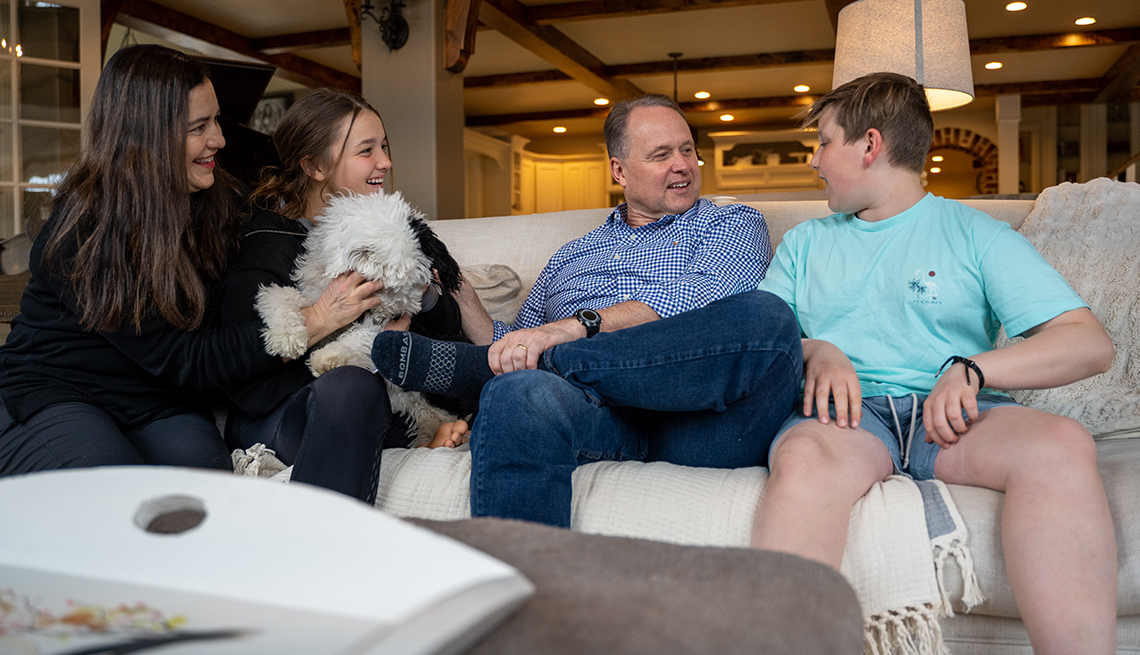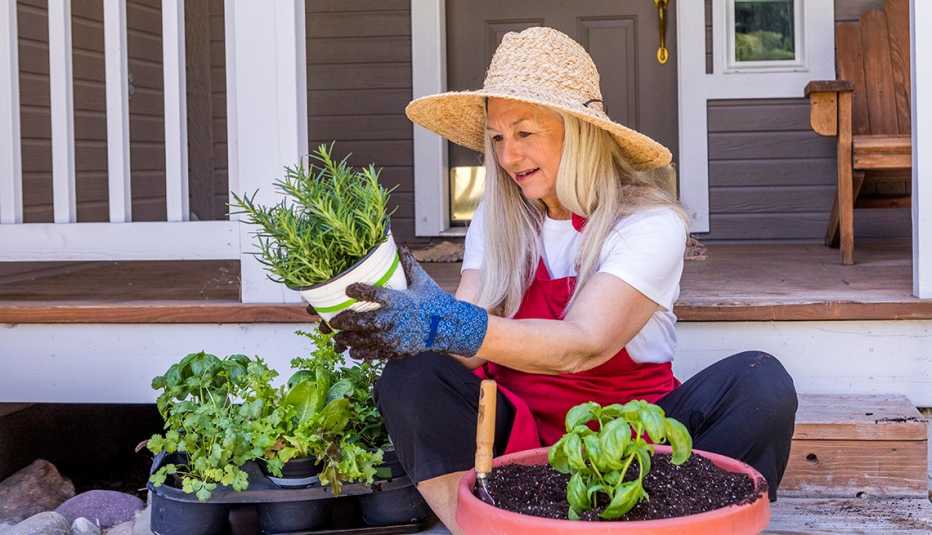Staying Fit
Just a few short weeks ago, college senior Jonah Bergman was about as far from home as he could imagine.
He was living his dream while studying plant science in the Netherlands. Home was a distant memory.


AARP Membership— $12 for your first year when you sign up for Automatic Renewal
Get instant access to members-only products and hundreds of discounts, a free second membership, and a subscription to AARP the Magazine.
Today, thanks to the coronavirus pandemic, the 22-year-old is uncomfortably replanted right back in his family's small Culver City, California, home — where both of his parents also are stuck working. Sure, stress and anxiety abound around the house during a time of close family proximity and social distancing.
But Jonah has a reason to be the unhappiest of all: His online classes are all on European time, meaning one starts at midnight while the other begins at 5 a.m.


"He's pretty miserable,” says his empathetic father, David Bergman, a city planning consultant. “The secret is to realize that this is a really hard time for any college-age student. It's harder on them than it is on us."
Perhaps that is the single most pertinent piece advice for the millions of parents whose college-age kids were forced to return home to study in the midst of the coronavirus pandemic.
"Not only have they lost the life they thought they'd built for themselves, but they are younger than us and don't have the emotional reserves to realize that things will be OK,” Bergman says.





































































